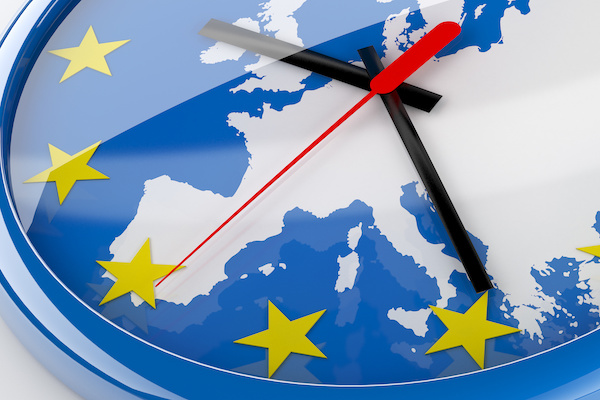01 January 2020
2020 will indubitably be a busy year for the European energy system’s stakeholders


2020 will indubitably be a busy year for the European energy system’s stakeholders. The Green Deal communication from the European Commission aims to transform the European industry to achieve climate neutrality in Europe by 2050 and was published just before the winter break. However, the concrete details on how to achieve such an ambition are still to be defined. In March 2020, the EC will propose a “climate law” to translate the political commitment to carbon neutrality by 2050 into binding legislation. Then, in October 2020, a global plan setting a new target for 2030 between at least a 50 % and up to a 55 % reduction of GHG will be proposed.
UFE supports the energy and climate ambitions of the European Commission. In its position paper, UFE highlights the mandatory tools to achieve high targets: an ambitious electrification programme, strengthening the Emission Trading Scheme (ETS), a revision of the Energy Taxation Directive, a reduction of the EU’s carbon footprint and a strong support for research and innovation to boost the industry. However, without a strong backup from European citizens, it will be impossible to move forward. Therefore, the EU will have to accompany the social transformations induced by climate policies, in order to ensure a just energy transition for all.
The power sector is ready to address the energy transition’s challenge!
The European electricity sector has already committed itself to being fully decarbonised by 2050. To achieve this target, system operators have already started to invest in order to adapt their networks and maximise the injection of electricity produced from renewable sources into the grid.
As the price of carbon emissions guides infrastructure planning and investment decisions, UFE advocates towards a predictable carbon price through the ETS mechanism as it will encourage investment in renewable energy and low-carbon technologies. Similarly, in order to avoid putting low-carbon energy sources at a disadvantage, the Energy Taxation Directive should ensure a level playing field between energy sources by including a CO2 component in its review.
Support is required for both manufacturers and households
The European Green Deal must also be seen as a vector for modernising the industrial and economic fabric. In order to enable companies to reduce their carbon footprint while remaining competitive, various mechanisms must be put in place. Thus, to avoid carbon leakage, UFE supports the setting up of a carbon border adjustment for certain sectors, as well as the modernisation of State aid to support investments in clean energies. Furthermore, the policies put in place must enable companies to invest in research and innovation, to allow the emergence of technologies that will meet the challenges of the circular economy. Last but not least, the policies encompassed within the Green Deal framework will have to support the sectors and populations most affected to ensure a just transition. Since household support is at the heart of the success of the energy transition, the costs they bear will have to be reduced as much as possible: compensatory measures could thus be deployed for low-income households, financed by the revenues generated by the carbon tax. Twelve years ago, the European Union adopted its energy and climate change package for 2020. Today, we need to define the roadmap that will make it possible to accompany the transformation of the industry and ensure the transition to a decarbonised economy by 2050.
Find out more
02 June 2020
“Long live Europe”: it’s time for Europe!
25 February 2020
Brexit: love last 47 years


About us
The Union of the French Electricity Industry is the trade association of the French electricity sector. We bring together companies from the whole value chain of the electricity industry.
Find out more










